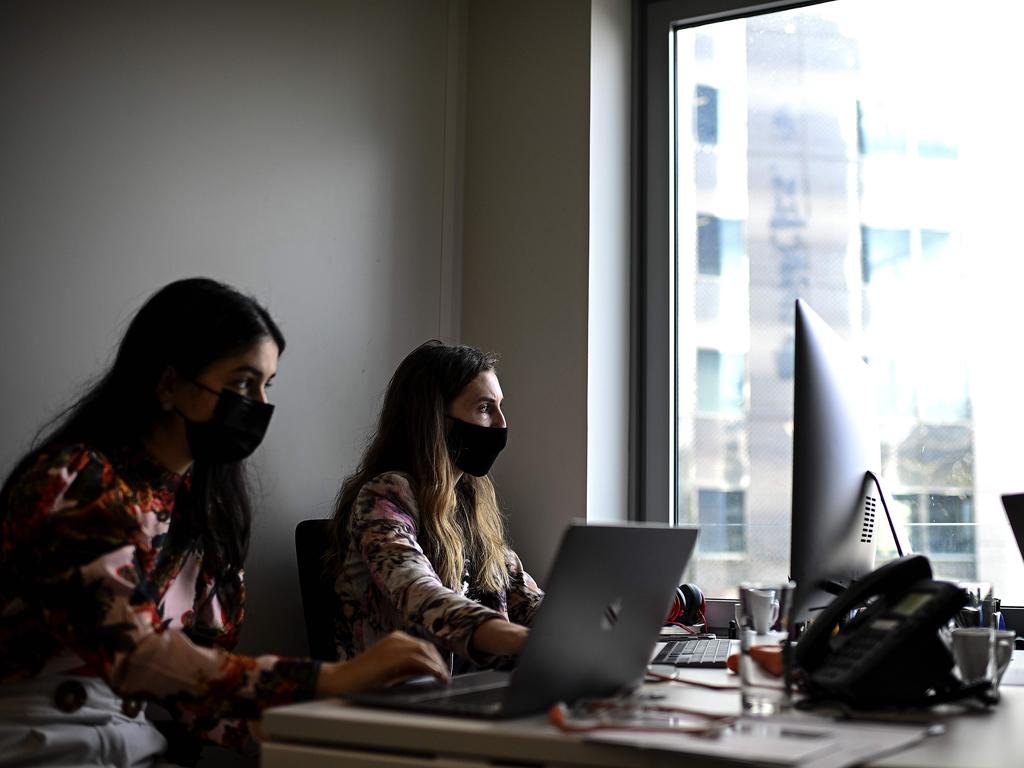Coronavirus: ‘pay cut worth it’ to work at home
More than half of Australian white collar workers say they would take a pay cut in return for working remotely 100 per cent of the time.

More than half of Australian white collar workers say they would take a pay cut in return for working remotely 100 per cent of the time in the aftermath of the COVID-19 pandemic, a new study shows.
Just one in three now says living in a big city is beneficial to career advancement, compared to 50 per cent a year ago.
The survey of 1000 Australian city-based office workers commissioned by digital workspace group Citrix also shows half believe they are more productive when working from home, while just one in three said that a year ago.
Overall, 56 per cent of workers would sacrifice pay to work from home full-time.
Younger employees were more inclined to swap salary for lifestyle, the survey shows, with 64 per cent of 18-24 year-olds prepared to take a pay cut to work remotely all the time compared with 52 per cent in mid-career (aged 35-44) and 39 per cent of workers over-55.
Many are prepared to move to take advantage of the new flexibility, with 34 per cent saying they plan to relocate, or have relocated already, to smaller cities or towns, regional areas or further out into the suburbs as a result of remote working.
“A lot of people are looking for this next wave of tree change,” Citrix chief technology officer Asia-Pacific and Japan Safi Obeidullah said.
“They are saying I’ve proven my job doesn’t require me to go through the whole notion of commuting to the city. My employers are happy I’m able to be productive working from home.”
“The younger generation is more willing to put a higher premium on work-life balance and flexibility. If they can do the work, earn some money and still have the flexibility to manage their personal lives, there is more in it for them,” he said.
Mr Obeidullah said the duration of the pandemic had made workplace change permanent, and organisations had moved towards work being an activity, not a place. “Organisations are starting to embrace the hybrid model where people come into an office a day or two during the week, and time in the office is not about doing hands on work, but more collaborative-type work.
“It opens a lot of opportunities for individuals and organisations to tap into new pools of talent,” he said.
The study comes as members of the ACTU executive meet on Wednesday to discuss a new claim on behalf of white collar employees working from home.
The claim will be founded on a survey of workers’ attitudes that found 55 per cent of those working from home were having problems achieving a healthy separation between work and home life.







